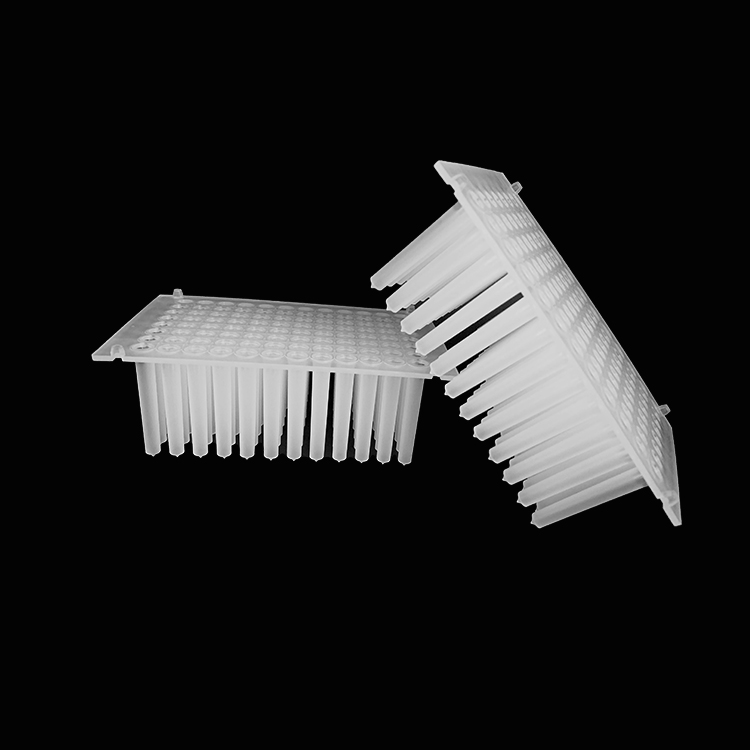The six members of the consortium - Advanced Composites (part of Umeco Composites Materials), Exel Composites UK, NetComposites, Sigmatex, Tilsatec and Leeds University, at the recent Composite Engineering Exhibition in Birmingham The materials were first shown on the screen.
These materials are the product of a joint fiber recycling program recently decided by the consortium that aims to develop technologies for recycling waste carbon fibers, mixing them with resins such as polyethylene terephthalate, and preparing them in different forms. s material. It can recover carbon fiber from all stages of manufacture, and its development and regeneration technologies are in a representative supply chain.
New carbon fibers are continuous reinforcements including yarns, woven fabrics, tricots, prepreg tapes, and pre-compacted sheets. Like other mixed materials, these fabrics are formed under pressure and undergo hot and cold cycles. Some verification parts have been produced including die-cast automotive parts. The consortium serves a number of industries, including automotive, aerospace and industrial.
Composite laminates are made from 50% by weight recycled carbon fibers and 50% recycled polyethylene terephthalate, maintaining a tensile modulus of at least 90%, 50% compared to composites made from the original fibers Tensile Strength.
"The achieved performance means that these materials are suitable for many applications, especially automotive, aerospace, sports and leisure, pharmaceuticals and energy," said Sophie Cozien-Cazuc, head of fiber recycling program and co-project manager of Umeco Composite Materials. Industry.†Although these new fibers and fabrics have nearly the same stiffness as the original fibers, the raw materials used are less expensive than the original fibers and fabrics.
With the global growth of a large number of carbon fiber-reinforced composites that are not biodegradable, the British composite industry has drawn attention to a large amount of waste generated from the end of manufacturing and use. Thermoset carbon fiber reinforced composites, such as those produced from fiber recycling programs, are usually recovered using one of three different methods: thermal cracking, solvent decomposition, or fluidized bed processes.
Thermal cracking can be performed continuously or in batches, including burning off the resin with limited oxygen. Microwave cracking has been developed in the United States, Germany, and the United Kingdom.
In solvent decomposition, both resins and fibers can be recovered. High temperature and pressure are required to reach a supercritical state. The method used is water, propanol or methanol.
In the fluidized bed treatment process, both solidified and uncured composite waste is delivered to the sand bed and exposed to hot air, thereby decomposing and volatilizing the polymer. The resin product is completely oxidized in the combustion chamber and heat energy can be recovered. Fibers and fillers are transported away from the fluidized bed by air flow.
These tip combs are for use with the Pharma KingFisher Flex 96 Deep-Well Head Magnetic Particle Processor or MagMAX Express-96 Deep-Well Magnetic Particle Processor in combination with PrepSEQ ResDNA kits and ProteinSEQ kits.
Optimize performance using KingFisher Flex System consumables designed specifically for use with these instruments. KingFisher Flex disposable plastics (tip combs and microplates) are made of polypropylene and are ideal for magnetic particle processing because of their low binding affinity for biomolecules. Their special design enables excellent recovery of magnetic beads.
The tip combs are made of PP material, they can be used with 2.2ml square well V bottom and 0.5ml elution plates for the system KINGFISHER FLEX. The tip combs could suffer centrifuge 3000-4000 and don't change the original shape. The products are suitable for the standard ANSI and multi-channel Pipette Tips machnie and automatic equipment. We could accept OEM/ODM.
For use with Viral RNA extraction, DNA extraction, RNA/DNA quantification, immunopreciptitations and many more KingFisherâ„¢ applications
good chemical and physical resistance: e.g. phenols, chloroform, DMSO and temperatures as low as -80°C/-112°F

Tip Comb,Tip Comb Plate,Kingfisher Tip Comb,Tip Comb Kingfisher,Magnetic Tip Comb,8-Strip Tip Comb
Yong Yue Medical Technology(Kunshan) Co.,Ltd , https://www.yonyuepcr.com